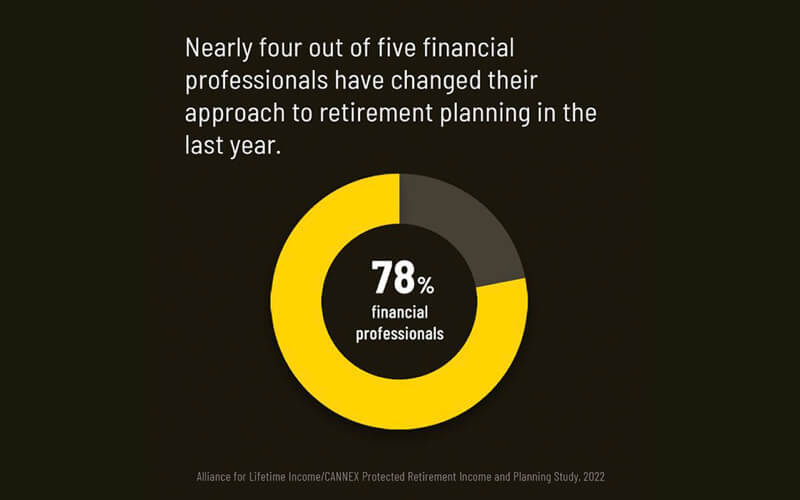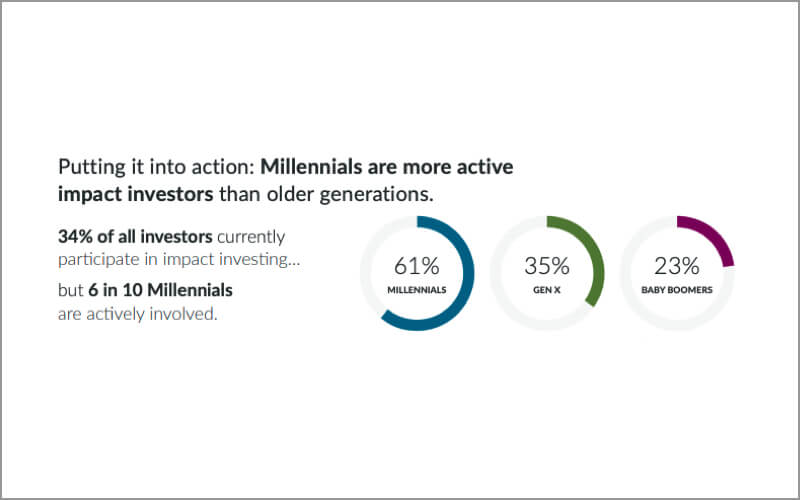As Americans are rediscovering ‘life before’ it’s obvious that many aspects are different from the way they were before 2020. The effects of the pandemic are holding on. A string of reports and anecdotes document changes in work, education, health, shopping and other behaviors.
Decision Drivers
Our focus has always been on the internal priorities and decision processes that drive behaviors. Since 2013, our MAP (Motivations Assessment Program) research has provided a perspective on the thought orientations behind key personal decisions. We’ve paid particular attention to the motivations behind financial and health decisions. Our early work showed the long-tail effect of the Great Recession (2008/2009), especially on how people thought about their financial well-being. More recently we’ve shown the powerful interactions between financial and health well-being.
Scope of the Effects of the Pandemic
In April 2020, we began to frame what we saw as one of the short but powerful effects of the pandemic on Americans’ thinking about their own health. The startling financial market’s disruption early last year gave many affluent Americans a jolt like they had not experienced in over a decade. Even though markets reversed dramatically there have been continuing impacts on financial priorities. The extensive reach of pandemic restrictions and the technology/remote servicing adaptations in response extended the impact to many more aspects of life.
Evolving Motivations
Three observations from our 2020 research stood out as indicators of changing decision drivers:
- More financial engagement and a shift in financial priorities. In a study we conducted for Ameriprise, affluent Americans had been rocked by the early volatility and motivated to pay more attention to their current and future financial situation. We also began observing changes in the way people think about their own and their family’s security. There were strong indications that a new perspective on risk and uncertainty might be developing.
- Greater recognition of how our lives are interconnected and an associated increase in empathy. In our MAP research we found the specific health issues associated with the pandemic impacting the way people think about public health. Another study by Fidelity Charitable showed a broadening perspective on how to impact those interconnections, observing a shift among many from charitable giving to charitable living.
- A blossoming understanding and commitment to social connection. This came through particularly in a study among a cross section of women, and we’ve seen evidence of this across a spectrum of research.

We believe the impact of an increased emphasis on empathy and social connection will be widespread. In our research on consumer decision-making we have long seen family and friends/having a sense of belonging/caring for and sharing with others as important elements in certain categories of decisions — child care, entertainment, meal preparation, beer and alcohol. Our working hypothesis now is that elements of these factors will become stronger motivational forces. And they will underly a much wider range of individual choices in other sectors.
Inflection Point
Not only has the pandemic itself extended far longer than most of us anticipated, the constellation of economic, political and social justice events occurring simultaneously make an even stronger case for asserting that the priorities and thought patterns for a wide range of personal decisions are changing in potentially profound ways.
The questions that intrigue us:
- Which of the changes (both workplace and lifestyle) will recede as we more fully emerge from the pandemic? Which have become more permanent?
- How much are these changes due to new mechanisms available in society?
- How much influence is coming from Americans’ own new priorities or the way those priorities are framed in motivating decisions?

A second aspect of this inflection is how much this recent crisis has revealed disparities in our population. Unlike the Great Recession, which spread economic pain evenly across the economy, many Americans — particularly the affluent — are financially much better off than before the pandemic-induced downturn. There has been widespread inequality in the health, financial and social impacts of the pandemic. Last year, our research among women showed huge variations in the impacts and ways of thinking. We anticipate finding that people’s decision-making is likely to evolve differently depending on their personal circumstances.
The Great Re-think
It’s an exciting but tumultuous time. Our 2021 focus is to dig into the mindset of Americans to understand their priorities and motivations. Longer-term effects of the pandemic will be revealed in turn. We’re looking forward to reporting from our research this fall. We plan to bring you new clues to how Americans’ spending, saving, sharing and socializing decisions are evolving.



